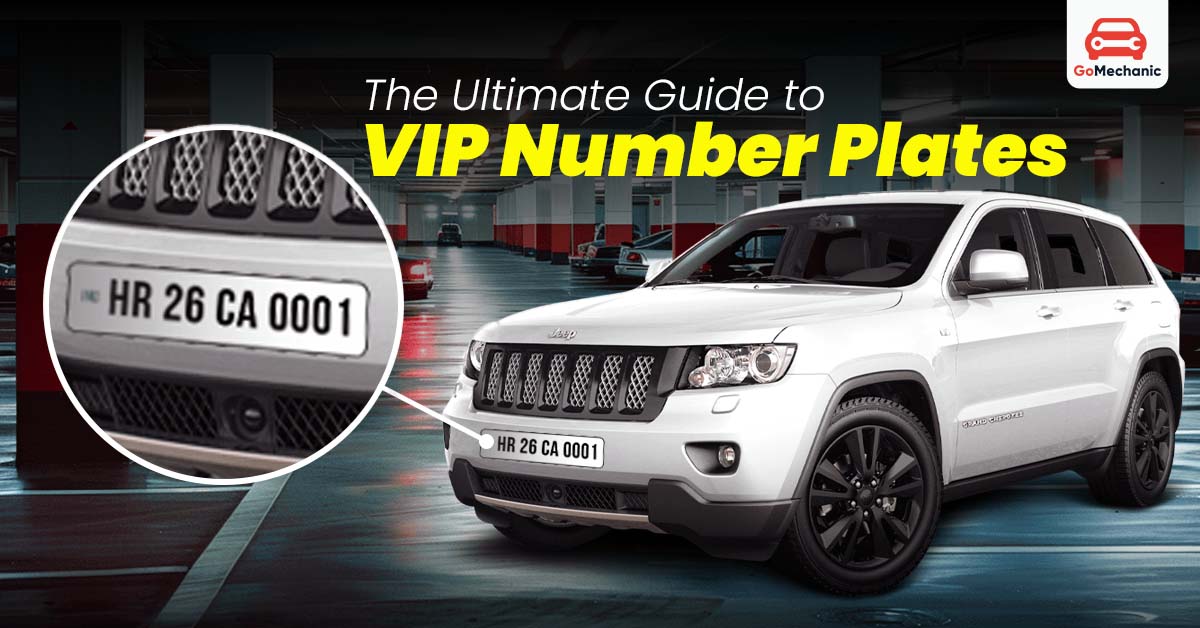A VIP number plate sometimes called a fancy number plate, is a personalized registration that helps a vehicle stand out. Unlike regular plates issued randomly, these special numbers—like 0001, 1111, or even 007—are highly desirable for their exclusivity. VIP numbers are often a symbol of status, personal branding, or even luck, especially among car enthusiasts, celebrities, and business leaders. For instance, many of Mukesh Ambani’s vehicles bear the number 9999, denoting a symbol of prestige. Likewise, celebrities like Virat Kohli and Shah Rukh Khan have chosen numbers with personal significance—1818 and 555, respectively.
Why Do People Opt for Fancy Number Plates?
Many car owners choose fancy number plates to project a part of their personality, express creativity, or establish a unique identity. Beyond personal preference, several other reasons drive the demand for VIP plates:
- Social Status: Exclusive numbers like 0001 or 9999 often reflect wealth or influence, especially popular among business moguls, celebrities, and politicians.
- Sentimental Value: Birthdates, anniversaries, or even lucky numbers tied to numerology often feature on fancy plates.
- Brand Image: Entrepreneurs and celebrities use unique plates to reinforce their brand.
- Psychological Connection: Numbers that people feel strongly connected to can make their vehicle feel like a stronger extension of themselves.
The Price of Exclusivity
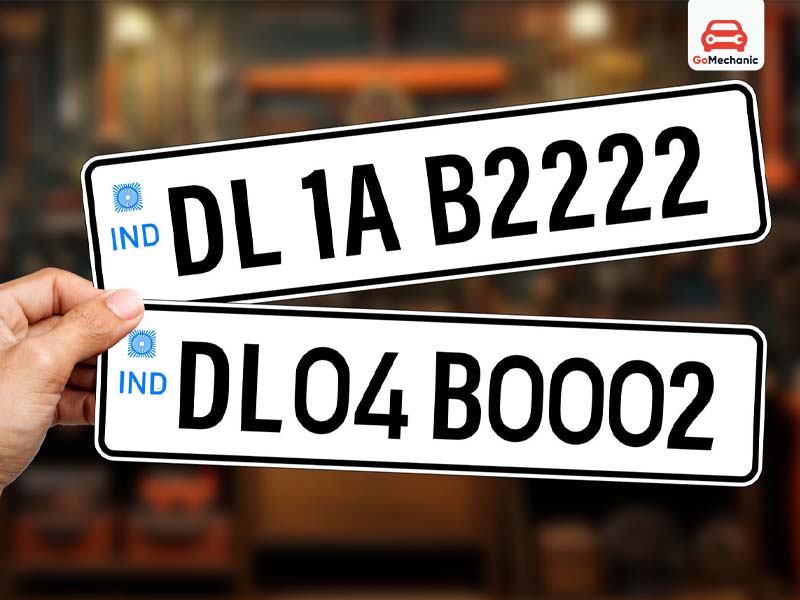
The demand for VIP number plates is high, and they come at a premium price. For instance, in 2023-24, the Pune RTO generated nearly ₹50 crore from auctions of such plates. Numbers like “9999” have sold for up to ₹21.6 lakh in Hyderabad alone. Globally, prices for these plates are even more astonishing; Dubai’s ruler recently set a new record by purchasing the plate “P 7” for $15 million.
In India, highly coveted numbers such as ‘0001’, ‘9999’, and ‘0007’ have sold for record-breaking amounts. For example, a buyer in Punjab once acquired ‘0001’ for ₹26 lakh. The RTO auctions these plates, starting with base prices set by the category of each number.
| Category | Example Numbers | Base Price |
| Super Elite | 0001 | ₹5 lakh |
| Single Digit | 0003, 0005 | ₹3 lakh |
| Semi-Fancy | 0100, 4444 | ₹1 lakh |
| Other Popular | 0786, 1234 | ₹2 lakh |
Each category has a base price that varies by state and the level of competition among bidders, meaning final prices can go much higher in competitive markets.
Comparing Popular VIP Plate Options and Their Costs Across States
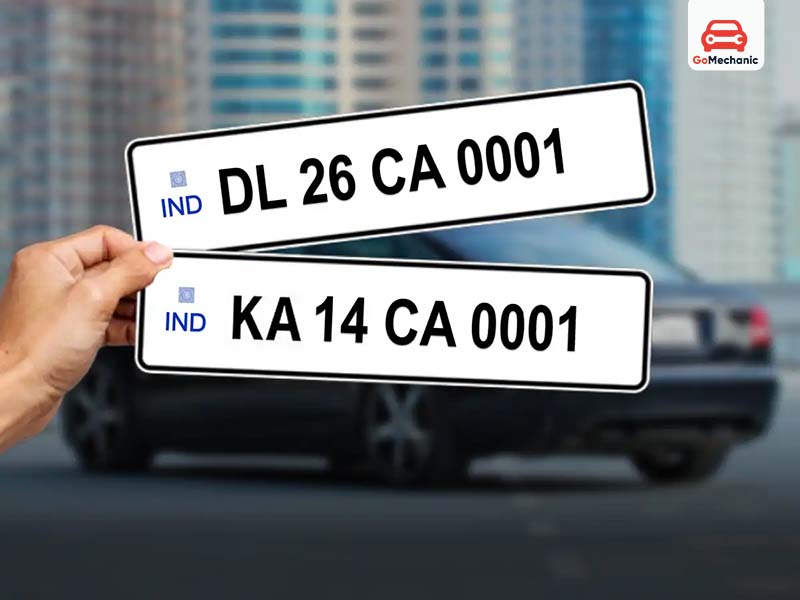
The cost of VIP number plates varies by state. Here’s a comparison of popular numbers and their average base costs:
| State | 0001 | 1111 | 9999 | 0100 | 1234 |
| Maharashtra | ₹3 lakh | ₹1 lakh | ₹1.5 lakh | ₹50,000 | ₹70,000 |
| Delhi | ₹4 lakh | ₹1.5 lakh | ₹1.5 lakh | ₹60,000 | ₹80,000 |
| Karnataka | ₹3.5 lakh | ₹1.2 lakh | ₹1.3 lakh | ₹55,000 | ₹75,000 |
| Punjab | ₹5 lakh | ₹2 lakh | ₹2 lakh | ₹1 lakh | ₹1 lakh |
Steps to Secure Your Dream VIP Number Plate
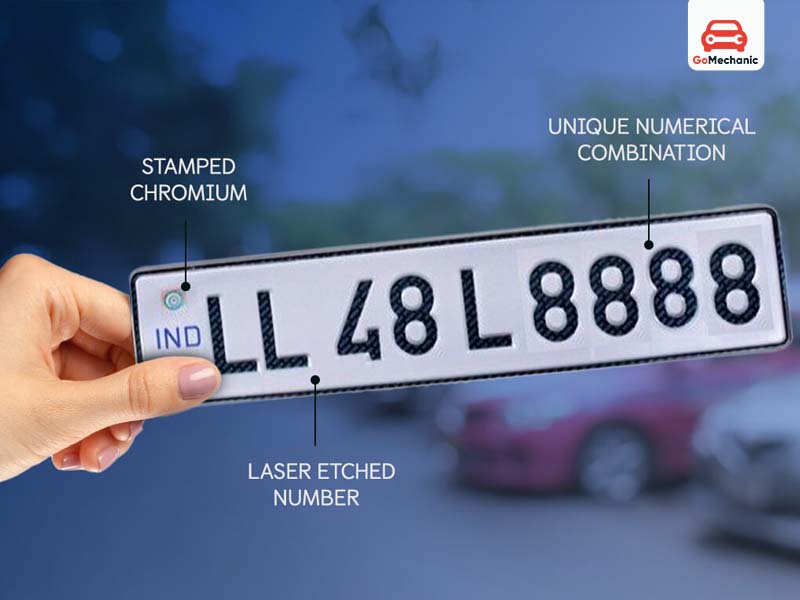
- Register Online: Start by visiting the Ministry of Road Transport and Highways (MoRTH) website and registering as a public user.
- Check Availability: Head to the “Choice Number” section on the MoRTH website, select your state, and choose your RTO to see available numbers.
- Select Your Number: Pick the number you desire from the list provided.
- Make Your Payment: Pay the reservation fee to book your number.
- Enter the Auction: For highly sought-after numbers, participate in an online auction with your reserved number as the bid item.
- Complete Payment and Get Your Plate: If you win, complete the payment, print your allotment letter, and register your car with the new number.
- Refund: If your bid is unsuccessful, the reservation fee is refunded, though the registration fee is non-refundable.
How Fancy Number Plates Are Auctioned: A Closer Look at the Process
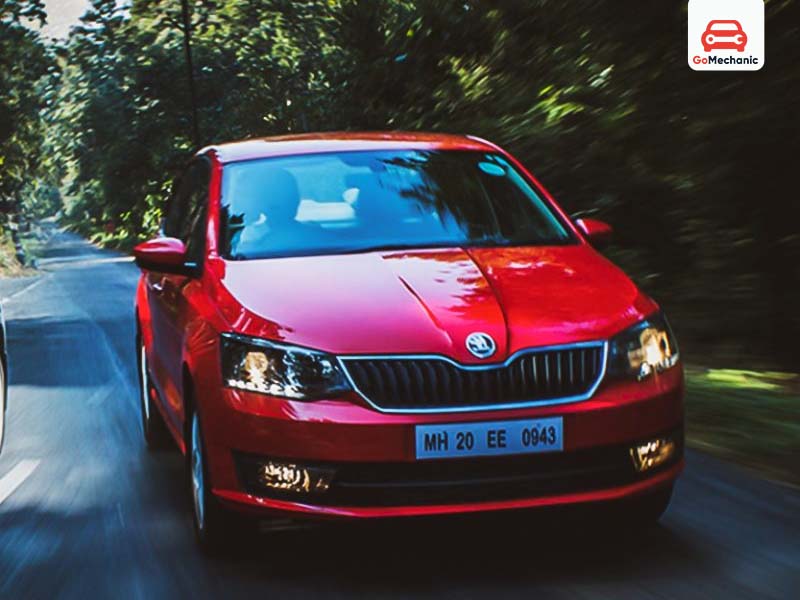
The auction process for VIP number plates is designed to be transparent, with every step managed online through the MoRTH website:
- Auction Timeline: After registering, users have three days to place their bids. The top bidders are notified at the end of the auction period.
- Minimum Bid Increments: Depending on the category, bids increase in increments of ₹10,000 (Categories 1-4) or ₹1,000 (Category 5).
- Notification and Payment: Winning bidders receive an email and SMS. They must pay the balance within five days to secure the number.
- Refund Policy: If a user doesn’t win the bid, the reservation fee is fully refunded, while the non-refundable registration fee remains with the RTO.
Processing Time for VIP Number Plates
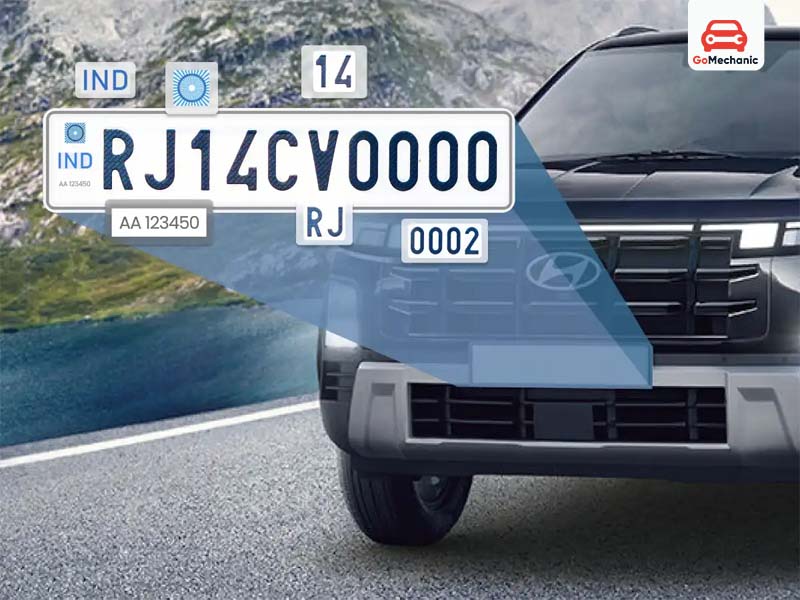
The process from registration to obtaining a VIP plate can take around two weeks, depending on the bidding outcome, payment, and processing times at the RTO. The 90-day validity of the allotment letter requires prompt vehicle registration to secure the number.
Reserved Number Plates
Certain VVIP plates are exclusive and can bypass the regular auction process. These are typically reserved for high-ranking officials like the President, state governors, or military and government personnel, ensuring that these numbers remain rare and unattainable to the general public.
FAQs
- Is there an eligibility criterion for VIP plates?
No specific eligibility is required, though VIP number plate prices are significantly higher than regular plates. - Can I retain the number if I sell my car?
Yes, the VIP number can be transferred to another vehicle or retained by the owner even if the original vehicle is sold. - Can a VIP plate be transferred if I move to a new state?
Yes, but you need to re-register the plate with the new RTO jurisdiction. Additional fees may apply. - Q: Can I bid on multiple plates simultaneously?
No, each auction bid requires a separate registration, so multiple bids will require individual applications and registration fees. - Q: Are there penalties for using a non-compliant number plate?
Yes, using fancy plates that don’t meet the Central Motor Vehicles Rules can lead to fines and penalties, including confiscation.
